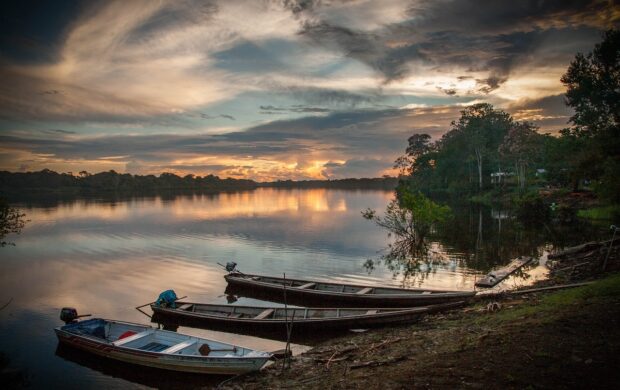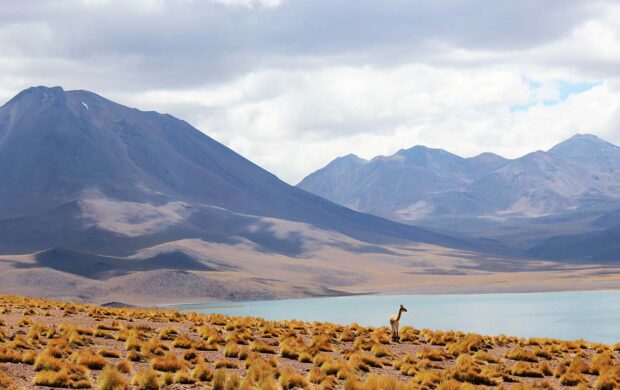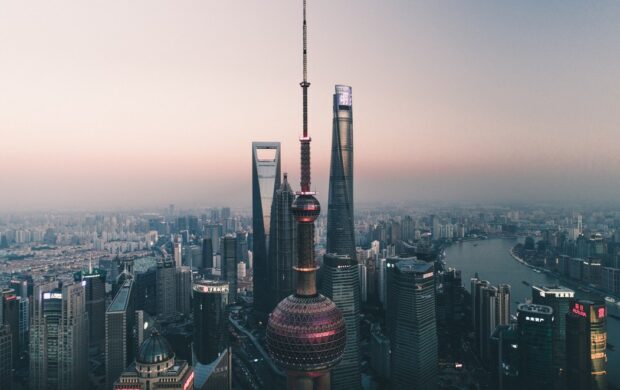The Whanganui River, New Zealand’s third longest river, has been granted equivalent legal rights, duties and liabilities to those of a human being. This is the first time any natural resource in the world has been given a legal identity.
In New Zealand, the local Māori Iwi have long-considered the river to be an ancestor and have fought for the recognition of their relationship since the 1870’s. A main reason for the negotiations was the government’s impact on the river, which has affected its health and wellbeing. With the new legislation, the longest running court case in New Zealand’s history has finally come to an end.
Beyond legally recognising the people’s relationship to the river, the main outcomes of the new legal framework are to:
- Establish a fund to support the health of and wellbeing of the river, which includes a financial redress payment to the Whanganui Iwi people
- Appoint two guardians to act on behalf of the river, one a Maori representative and the other a government representative
- Develop a strategy to ensure the river’s future environmental, social, cultural and economic health and wellbeing – through activities such as protecting the river against unauthorised commerical exploitation and promoting the sustainable use of freshwater fisheries in the catchment.










